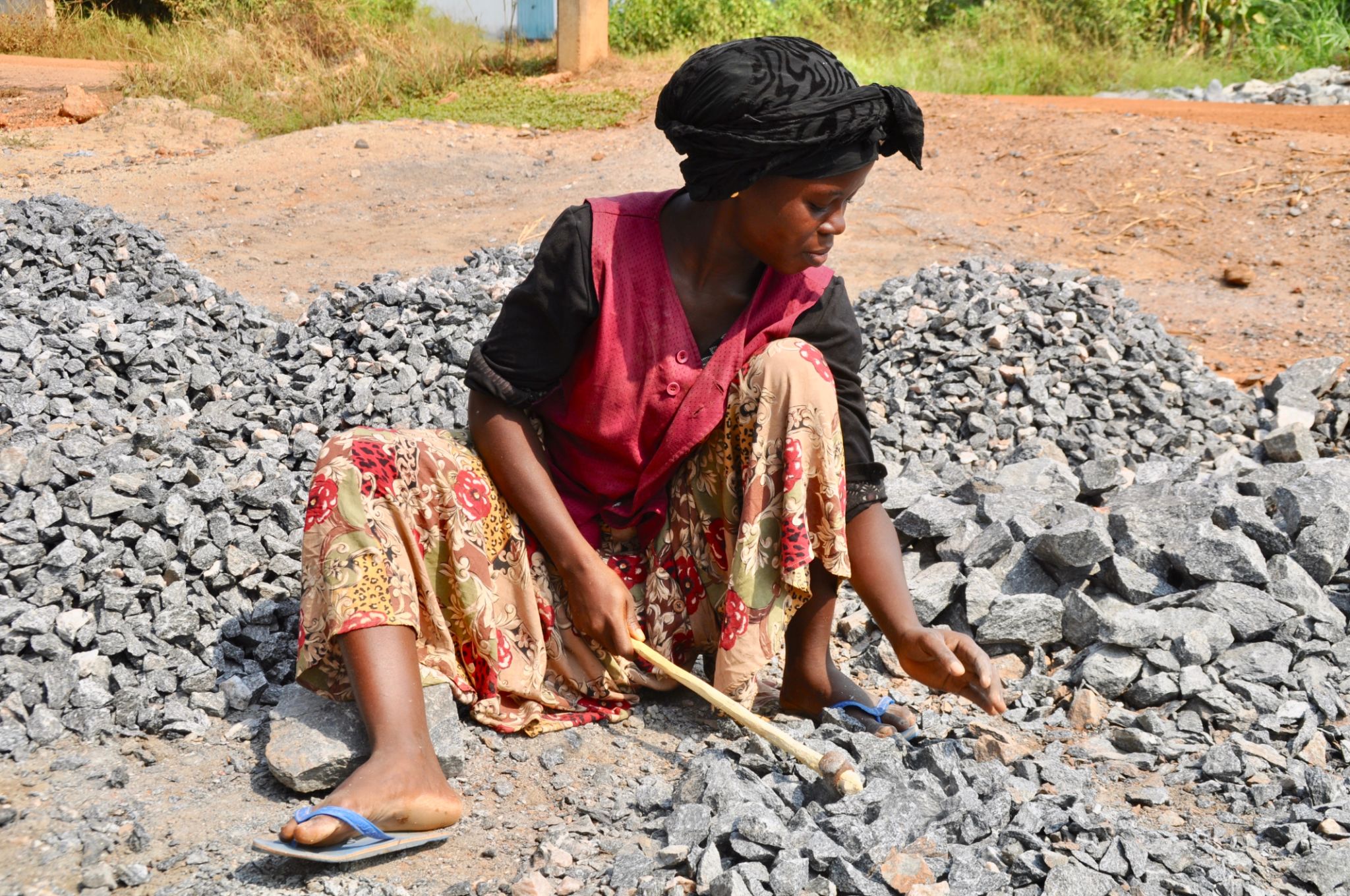Transforming Communities: Impactful Construction Projects in Ghana
Building a Brighter Future
In recent years, Ghana has witnessed a remarkable transformation driven by impactful construction projects. These projects not only reshape the physical landscape but also uplift communities by creating opportunities and improving the quality of life. From modern infrastructure to sustainable housing, the construction industry in Ghana is playing a pivotal role in fostering economic growth and social development.
The government's commitment to infrastructure development is evident in various projects aimed at addressing critical needs. These initiatives are designed to enhance connectivity, boost economic activities, and provide essential services to underserved areas. As a result, entire communities are experiencing a positive shift in their living standards and prospects for the future.

Infrastructure: The Backbone of Development
Infrastructure forms the backbone of any thriving economy, and Ghana is no exception. The ongoing construction of roads, bridges, and transportation networks is facilitating smoother movement of goods and people across the country. This improved connectivity is crucial for regional trade and attracting foreign investment, which in turn spurs job creation and economic upliftment.
One of the standout projects is the development of the Eastern Corridor Road. This strategic route links the southern parts of Ghana to the northern regions, easing travel and promoting trade. Furthermore, the expansion of the Tema Port, one of West Africa's largest ports, is enhancing maritime trade capabilities, positioning Ghana as a key player in the regional logistics sector.

Sustainable Housing Solutions
As urbanization accelerates, the demand for affordable housing in Ghana is on the rise. Construction projects focusing on sustainable housing solutions are stepping up to address this challenge. These efforts aim to provide quality homes that are not only affordable but also environmentally friendly, utilizing local materials and innovative building techniques.
Developments such as the Ningo-Prampram affordable housing project are making significant strides in providing homes for low to middle-income families. These projects incorporate eco-friendly practices such as solar energy and rainwater harvesting systems, ensuring a sustainable living environment for residents.

Empowering Communities through Job Creation
The construction sector is a major employer in Ghana, offering numerous job opportunities at various skill levels. From skilled laborers to engineers and project managers, these projects are providing livelihoods for thousands of Ghanaians. This employment boost not only reduces poverty but also empowers individuals by enhancing their skills and career prospects.
Moreover, local businesses benefit from the increased demand for construction materials and services. By sourcing materials locally, these projects support the local economy and encourage entrepreneurship, creating a ripple effect of economic empowerment within communities.
Education: Building for the Future
Education infrastructure is another critical area where construction projects are making a significant impact. New schools and educational facilities are being constructed to accommodate the growing student population and improve access to quality education. These facilities are equipped with modern amenities, ensuring a conducive learning environment for students.
The construction of tertiary institutions and vocational training centers is also on the rise, providing young Ghanaians with opportunities to acquire valuable skills for the job market. This focus on education is essential for nurturing the next generation of leaders and innovators who will drive Ghana's development forward.

A Vision for Sustainable Growth
The transformative power of construction projects in Ghana is undeniable. By addressing pressing infrastructure needs, providing sustainable housing solutions, creating jobs, and enhancing educational facilities, these initiatives are laying a strong foundation for sustainable growth. As Ghana continues to evolve, these projects will play a crucial role in shaping a prosperous future for all its citizens.
Looking ahead, it is imperative that stakeholders continue to prioritize sustainability and community engagement in construction projects. By doing so, Ghana can ensure that its development trajectory remains inclusive and beneficial to all segments of society, fostering a brighter future for generations to come.
